What’s the key takeaway?
AI isn’t just replacing jobs—it’s reshaping them. Learning to work alongside AI is the smartest career move.
Do you feel like artificial intelligence (AI) has gone from a futuristic concept to a tangible presence in our daily lives overnight? If so, you’re not alone.
AI in the workplace presents a fundamental shift in how we work — and it’s happening, at scale, much faster than many of us expected. It’s reshaping industries, spurring major shifts in the job market, and sending waves of AI job automation across industries from customer service to content creation to logistics.
Yes, AI brings opportunities for innovation and efficiency — it also raises questions about job security and the future of work.
Recent data show job displacement happening right alongside these new opportunities, highlighting the double-sided coin of AI and underscoring why this rapid shift has left many workers feeling uneasy.
How fast is AI adoption growing?
AI-driven automation is projected to affect over 300 million full-time jobs worldwide by 2030.
If you count yourself among the uncertain, remember that learning to work alongside AI — which entails balancing where and how much to implement the technology with the ethical implications and logistical challenges of doing side organization-wide — is the smartest career move.
The changing nature of work: AI’s role in job automation
Understanding the role of AI and the workforce is the first step toward surviving and thriving in this new landscape.
One of the biggest conversations surrounding AI in the workforce is about AI job replacement. It’s a valid concern, and we’re already seeing how AI alters or even replaces traditional roles.
Industries that rely on routine, data-driven tasks are feeling this most acutely.
- In customer support, AI-powered chatbots can handle an increasing number of inquiries, reducing the need for human agents to answer basic questions.
- In content creation, AI tools can now generate articles, social media posts, and even code, leading to a reduction in demand for certain types of creative work, particularly with regard to freelancers.
- Logistics and manufacturing have also seen significant changes, with AI optimizing supply chains and automating repetitive tasks on the factory floor.
With all these changes, the anxiety is palpable. It’s no wonder search queries like “AI job replacement” and “Should I be worried about AI taking my job” have spiked.
Although it’s true some jobs are being automated, focusing on them obscures the full picture of AI’s impact: It’s also creating more demand for other job skills and roles.
Data from the World Economic Forum’s 2025 Future of Jobs Report shows AI is expected to create job growth of 14 percent between 2025 and 2030.
Will AI take over my job?
Not entirely! While AI automates tasks, it also creates demand for new skills in AI development, oversight, and ethical governance.
The need for upskilling and reskilling
The bigger picture comes into view when you shift your focus from the threat of AI job automation to the opportunity it presents for human adaptation.
In other words, staying relevant in this evolving AI job market means finding ways to upskill and reskill to complement the capabilities of AI, embracing continuous learning and adaptability.
Numerous studies have shown that employees who learn to leverage AI effectively see significant productivity boosts. Instead of viewing AI as a competitor, think of it as a powerful tool to augment and expand your own abilities.
Essential skills in the AI era are less about coding or data science (although those remain valuable) and more about learning how to work alongside AI.
Some of the most in-demand skills now include
- AI prompt engineering: This is the art and science of crafting effective prompts to get the best results from AI models. It’s about knowing how to “talk” to AI to get the information and outputs you need.
- Data analytics and AI model management: As businesses rely more on AI, the ability to analyze data and manage AI models is crucial. (World Economic Forum data shows today’s most sought-after skill is analytical thinking.)
- Soft skills: These are the skills that are uniquely human and difficult to automate. Things like creative problem-solving, critical thinking, emotional intelligence, and collaboration are more valuable than ever.
Top 3 skills to stay ahead in the AI era:
- AI literacy and prompt engineering – Understanding how to work alongside AI
- Data-driven decision making – AI amplifies the value of data skills
- Creativity and human judgment – AI can’t replicate complex human reasoning
Ethical and social considerations of AI in the workforce
Navigating the AI impact on jobs means confronting the ethical and social implications of AI, too.
The question of AI replacing jobs isn’t just an economic one but also a social and cultural one. How do we ensure an even-handed transition for workers whose jobs are displaced by automation? And how do companies implement AI in a way that is fair and equitable?
Another significant ethical concern is the myriad biases inherent in AI algorithms. AI models are trained on huge amounts of data, and this data reflects existing biases. In other words, AI learns and perpetuates biases that humans have.
One example where this can have serious consequences is in hiring. Biased AI models can unfairly screen out qualified candidates from underrepresented groups, reinforcing workplace inequality and pay gaps.
To address these challenges, companies need to be proactive in establishing frameworks for fair AI adoption, such as corporate AI governance policies. This includes:
- Auditing AI systems for bias
- Ensuring transparency in how AI is used to make decisions
- Creating clear ethical guidelines for AI implementation
- Establishing a process for human oversight of AI decision-making
Can AI decision-making be biased?
Yes — if AI is trained on biased data, it can reinforce unfair hiring, pay gaps, and workplace inequality.
Organizational strategies for AI workforce integration
Businesses need to successfully navigate the era of AI in the workforce. The key is to focus on integration, not just automation. It’s about augmenting employees rather than replacing them. When AI handles repetitive tasks, human workers are freed up for more strategic and creative endeavors.
Data from McKinsey shows employees are hungry for AI-centered training to help them use AI tools more effectively: 48 percent of U.S. employees surveyed said formal training from their companies on using generative AI would entice them to apply AI more in their daily work.
Here’s a step-by-step approach for companies to incorporate AI effectively and responsibly.
- Assess the role of AI in your business: Identify the areas where AI can assist and expand on human capabilities rather than simply replace them. Think about tasks like workflow automation, handling customer inquiries, and data processing.
- Invest in employee training: Don’t just adopt new AI tools — invest in upskilling and reskilling programs for your employees. This will not only help them adapt but also empower them to make the most of the new technologies you’re paying for.
- Foster collaboration: Create a culture where humans and AI work together by encouraging experimentation and learning. This ensures employees feel like partners in the AI integration process rather than recipients of a top-down edict.
- Develop and socialize ethical AI policies: Establish clear guidelines for how employees can responsibly use AI at work. Include policies on data privacy, algorithmic fairness, decision-making liability, and transparency.
Let’s look at an example: Jotform AI Agents are a great tool for developing an augmentation-focused approach to AI in your organization.
Our AI agents are designed to automate routine interactions — think answering frequently asked questions or guiding users through a process — which frees up human staff to focus on more complex, high-value tasks that require distinctly human skills like empathy and critical thinking.
- Efficiency and scalability: Your business can handle a higher volume of inquiries without a proportional increase in headcount, all while maintaining consistent service quality.
- Customizable: AI agents can be tailored to match your company’s brand voice and specific needs.
- Continuous learning: Jotform AI Agents can be trained on your company’s documentation and knowledge base(s), which ensures their responses are accurate and aligned with company protocols.
By leveraging a tool like this, you will demonstrate your commitment to responsible AI practices. It’s a tool that lets you enhance employee productivity while keeping a human-centric approach at the core.
How should companies introduce AI?
Start with AI-assisted processes rather than full automation — this preserves jobs while boosting efficiency.
Long-term impact and future outlook of AI in the workforce
Looking ahead, the question remains: Will AI continue to be a force for AI job replacement, or will it primarily augment human roles?
The consensus among many experts is that the future lies in collaboration. Yes, some jobs may be fully automated, but the more significant trend is likely to be the transformation of existing jobs and the creation of entirely new ones.
We’re already seeing the emergence of new career paths that didn’t exist a few years ago, such as AI trainers, auditors, and ethicists, focused on developing, managing, and ensuring the responsible use of AI systems. AI is becoming more integrated into our lives, and as that happens, the demand for these kinds of roles will grow.
For individuals and businesses, the key to preparing for the next decade of AI-driven changes is to adopt a proactive and opportunity-driven mindset. This means embracing continuous learning, focusing on developing uniquely human skills, and staying curious about the new possibilities AI can unlock.
Future-proofing your career in the AI era:
- Adopt AI-enhanced skills
- Focus on human-AI collaboration
- Stay agile & embrace lifelong learning
Embracing AI in the workforce
The rise of AI in the workforce is undeniably one of the most significant transformations of our time. While the narrative of AI job replacement is a powerful one, it paints an incomplete picture.
The reality is that AI serves as a powerful engine for job creation, too. World Economic Forum data forecasts AI could displace up to 92 million jobs by 2030 — and create 170 million new ones.
The path forward isn’t about resisting automation but embracing adaptation and collaboration with AI.
- For individuals, it means committing to reskilling, with a focus on the uniquely human skills AI can’t replicate.
- For businesses, it means integrating AI in a way that boosts efficiency but also empowers employees and centers human values.
By shifting your perspective on AI from threat to enhancement, you’ll be better positioned to both navigate the changes ahead and shape a future of work that’s more productive, innovative, and — ultimately — human.
The future of work is a partnership, and the smartest career move you can make right now is to learn how to work alongside AI.
This article is written for professionals, business leaders, and HR managers navigating the evolving role of AI in the workplace. It’s also for employees, freelancers, and career changers who want to understand how AI is reshaping jobs and how to stay relevant through upskilling, adaptability, and ethical awareness.
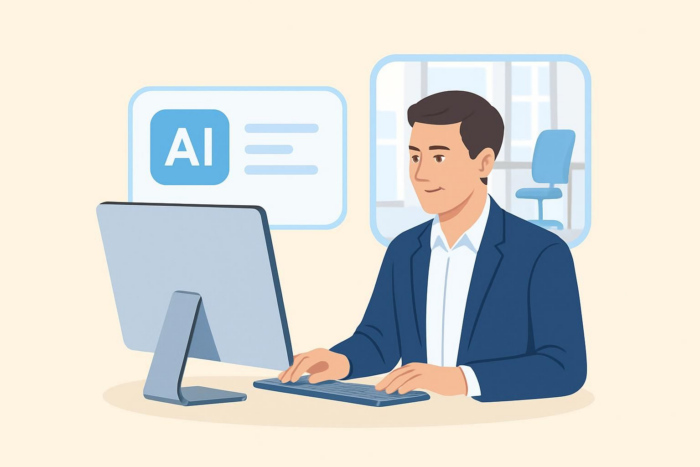

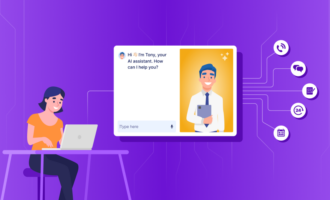


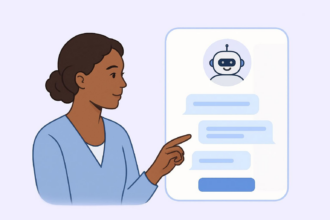
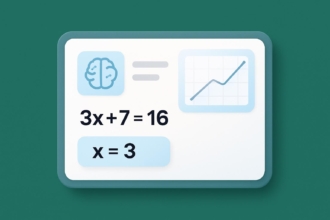

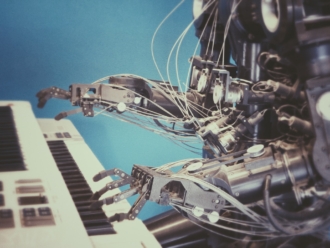
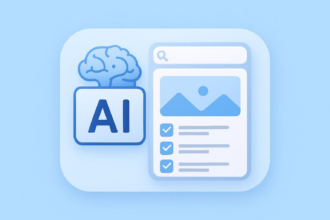

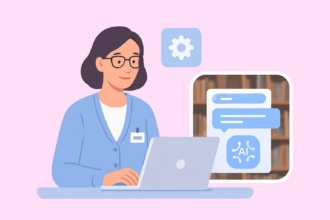
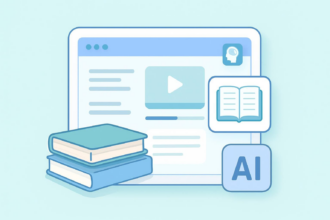




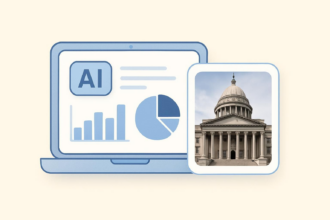

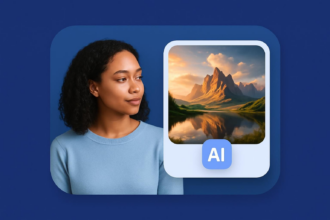






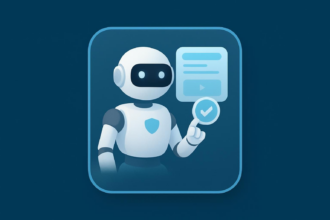
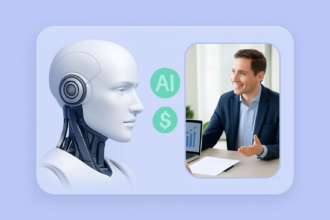
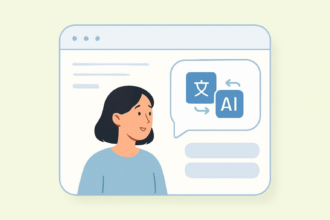
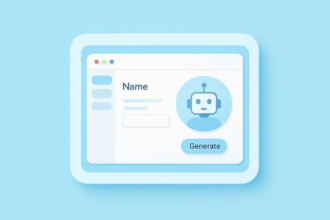

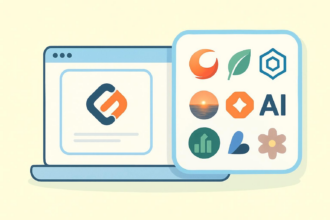


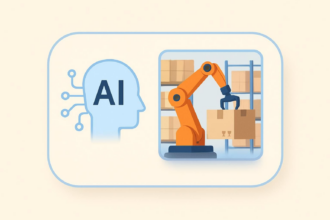





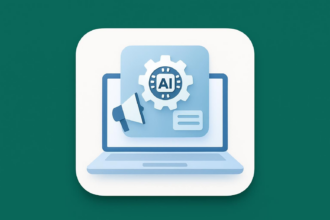


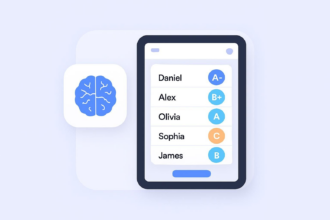



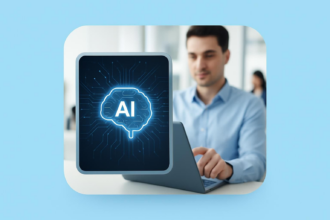

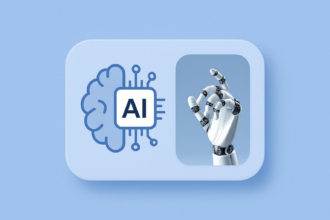


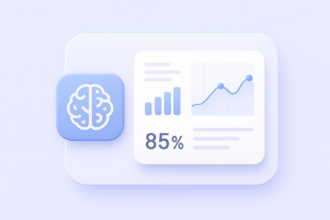
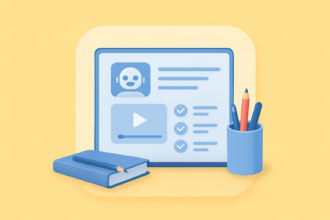




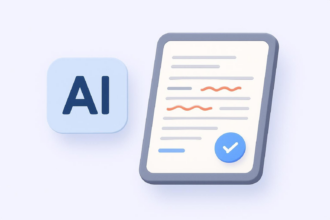

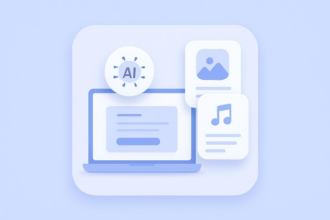




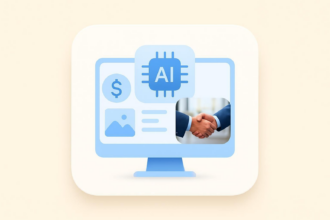
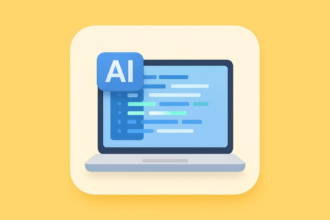





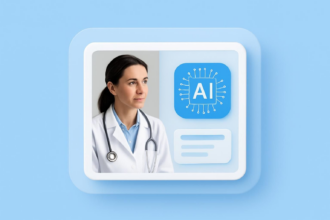
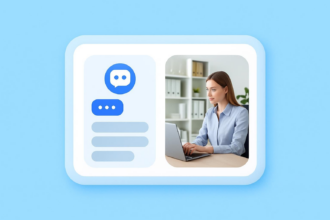
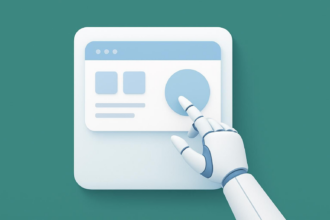


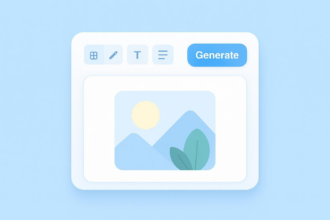
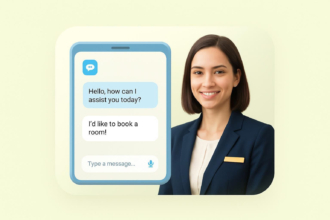

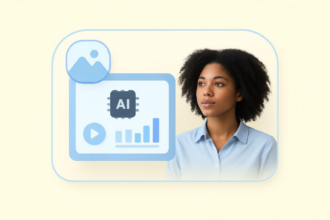

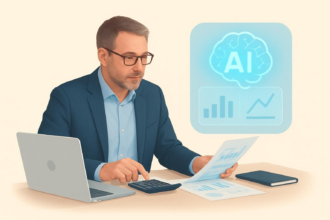



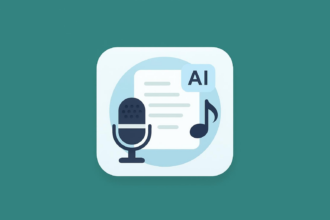
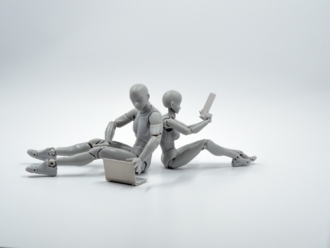
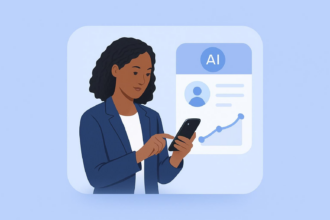
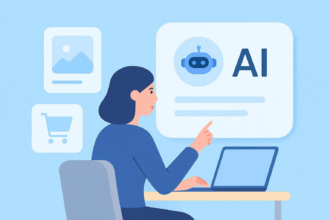

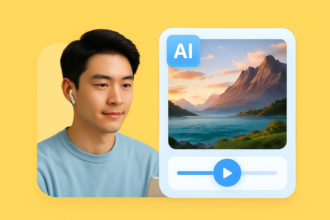
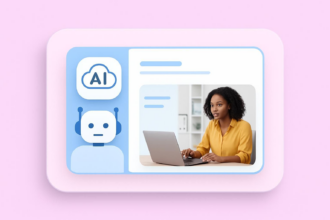


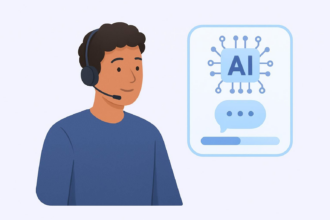
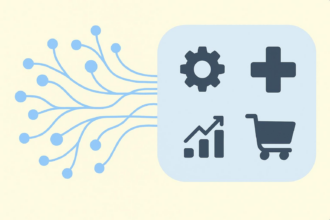
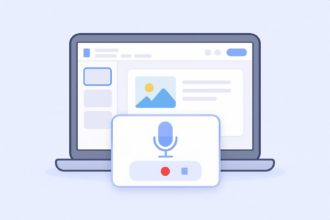


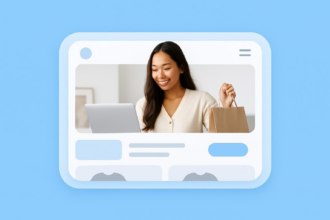
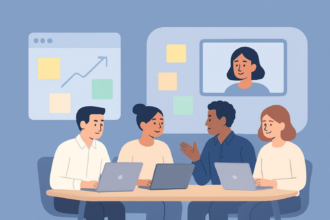
Send Comment: